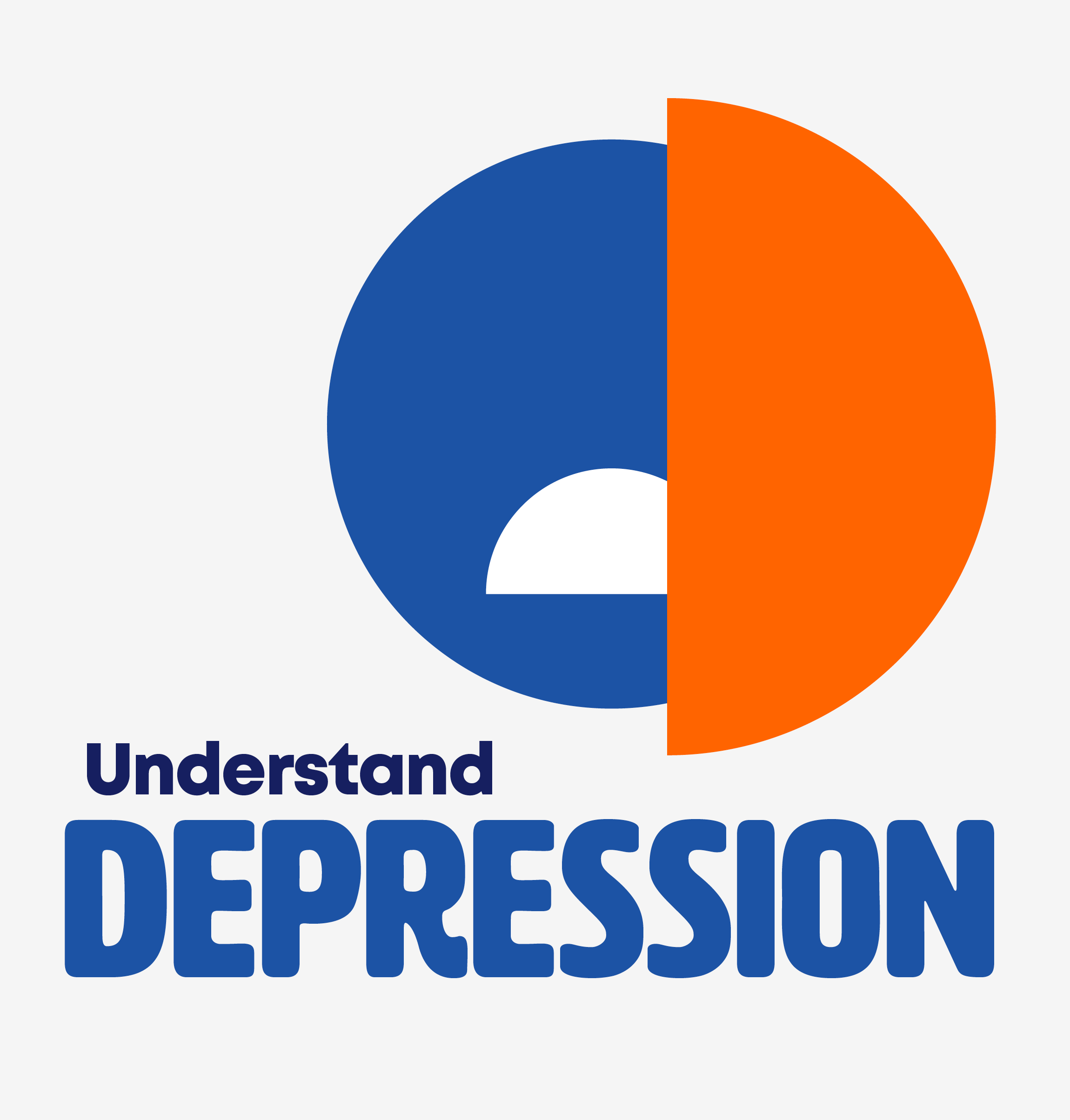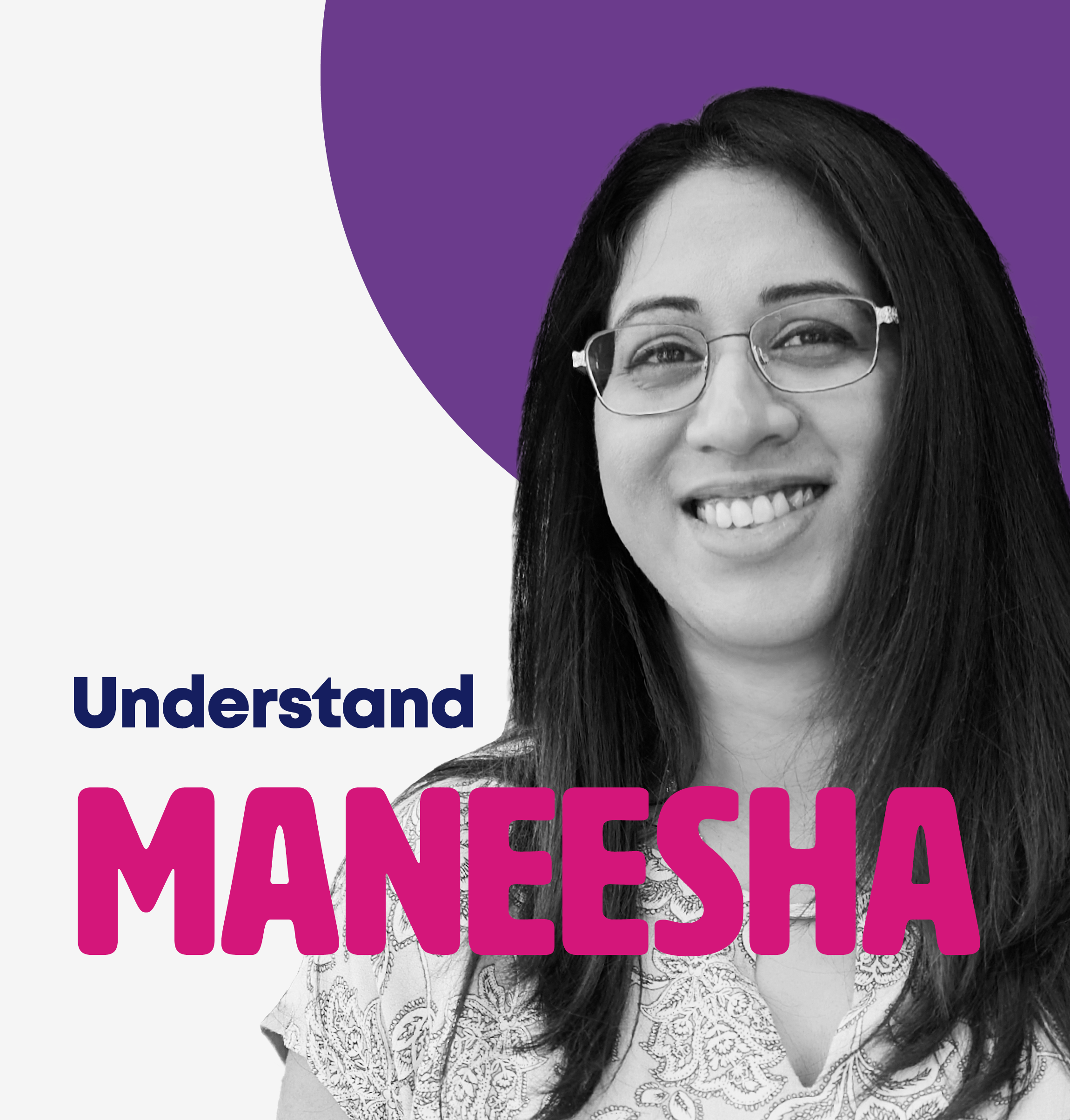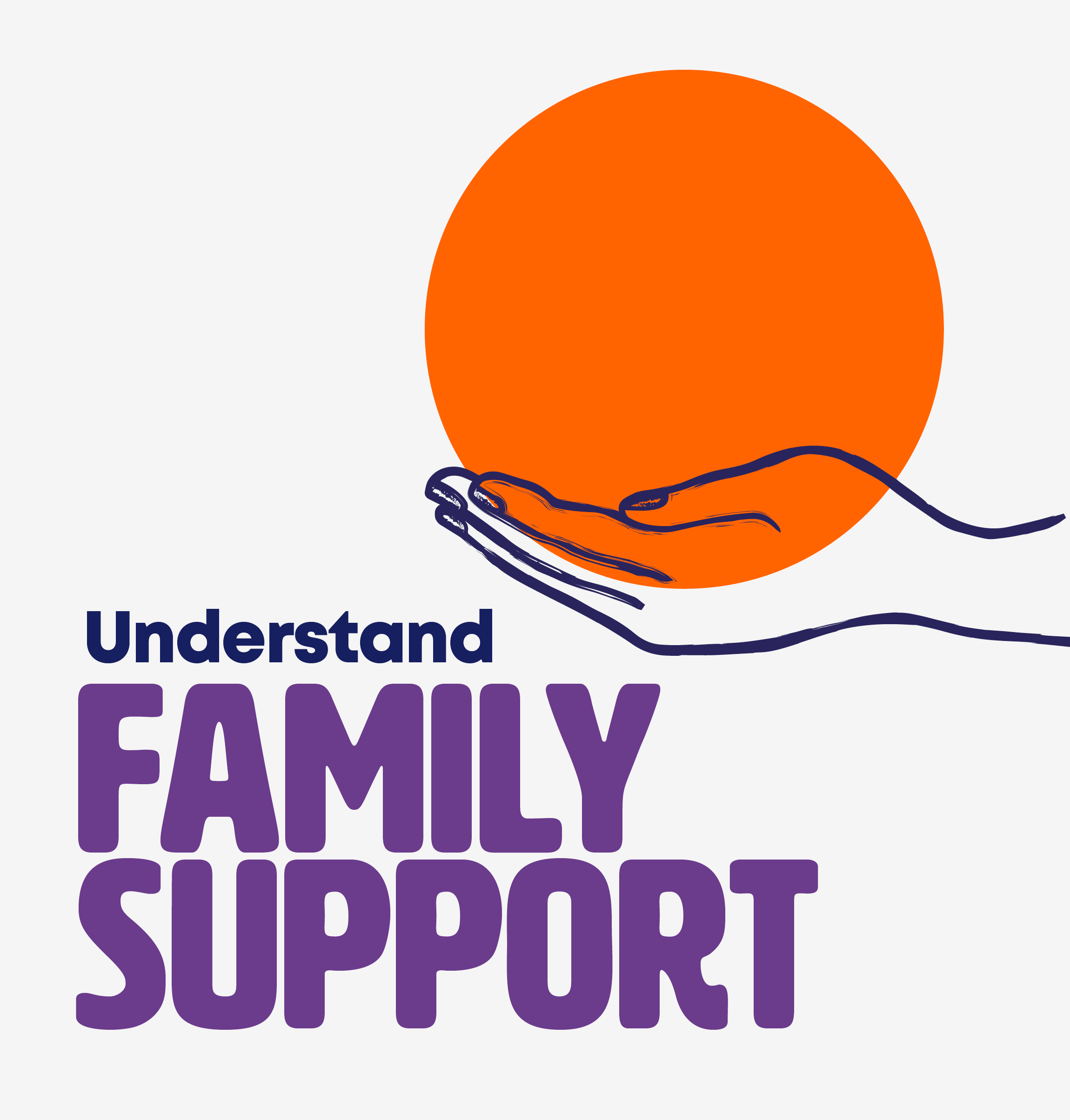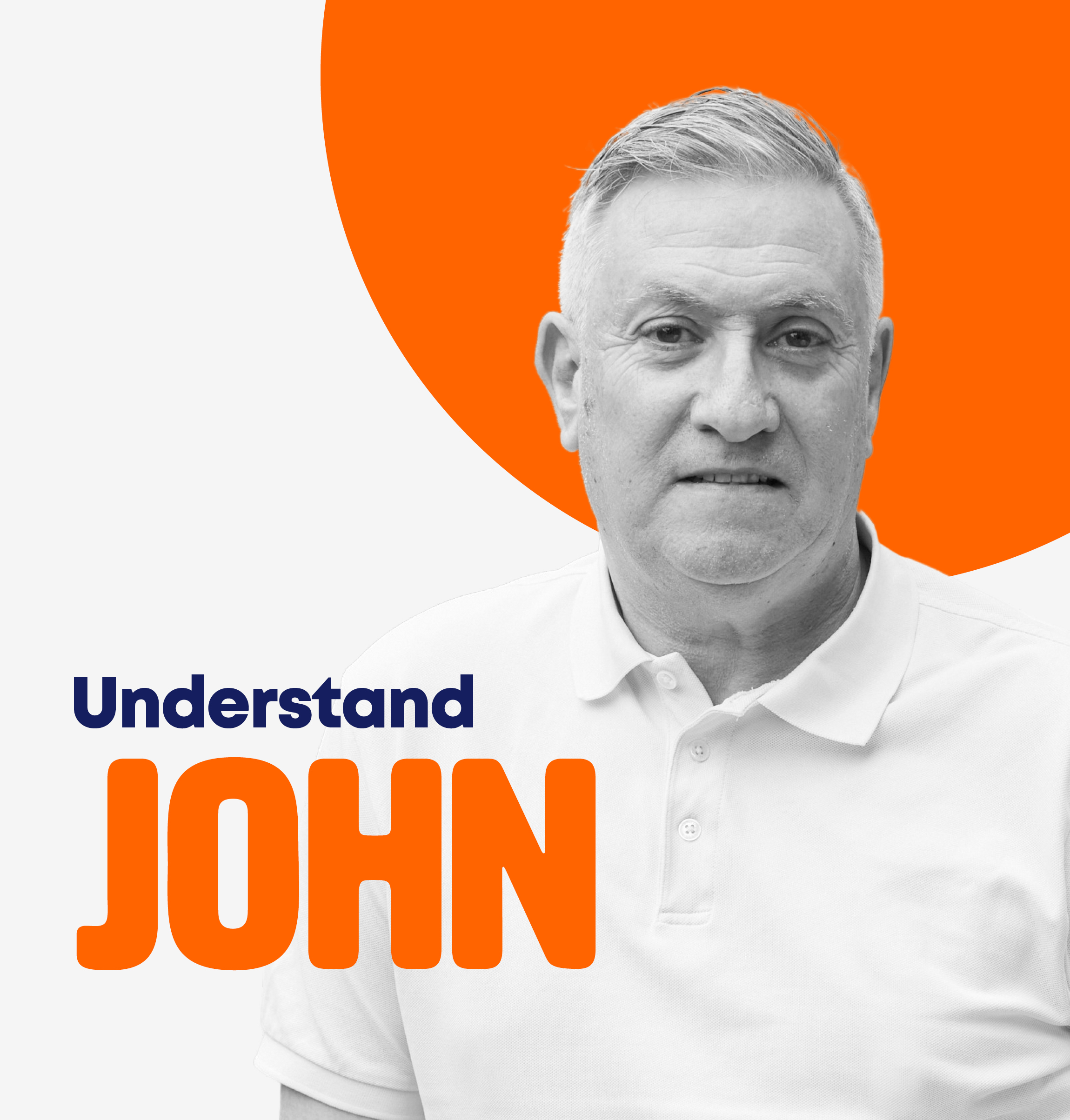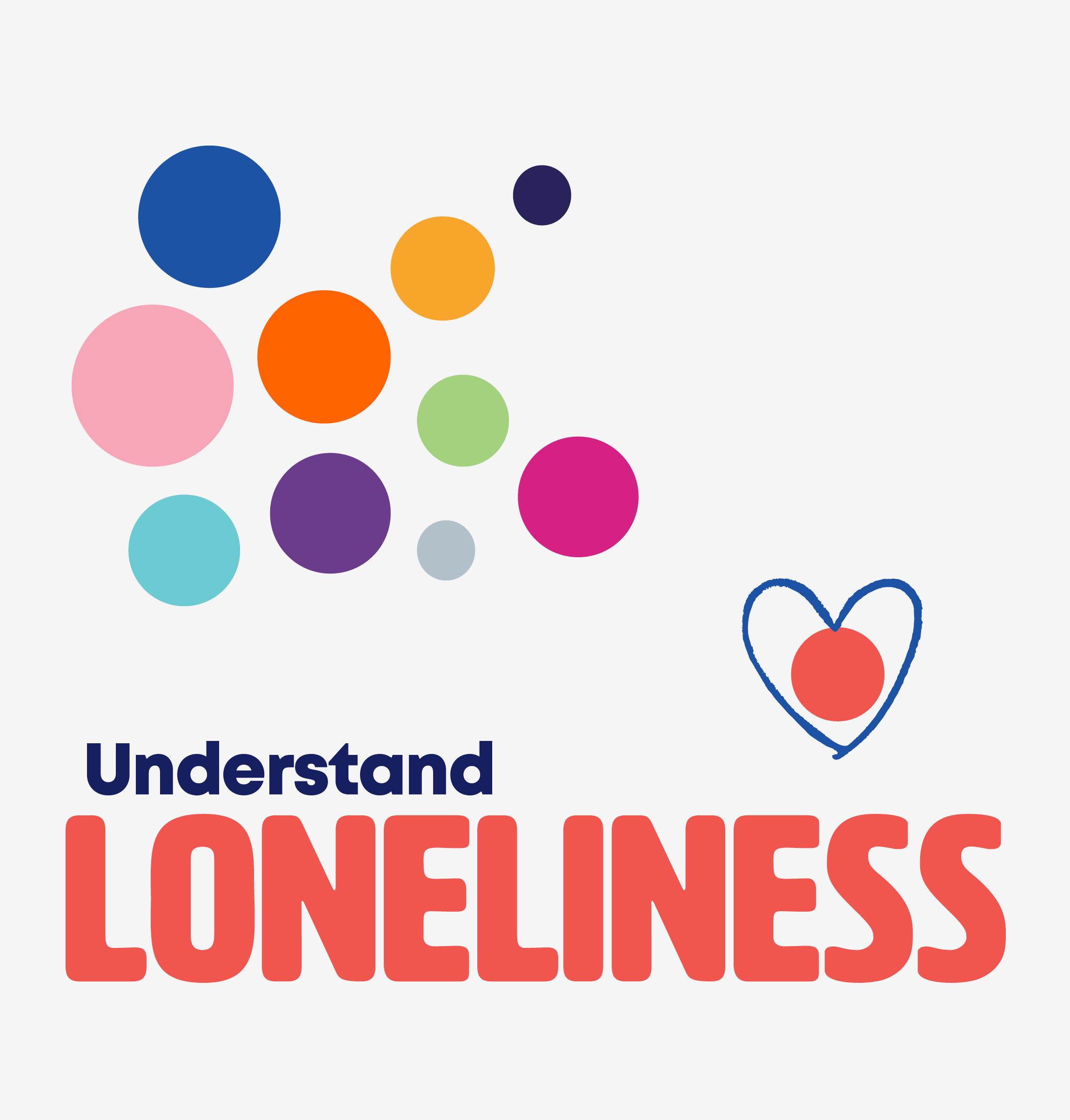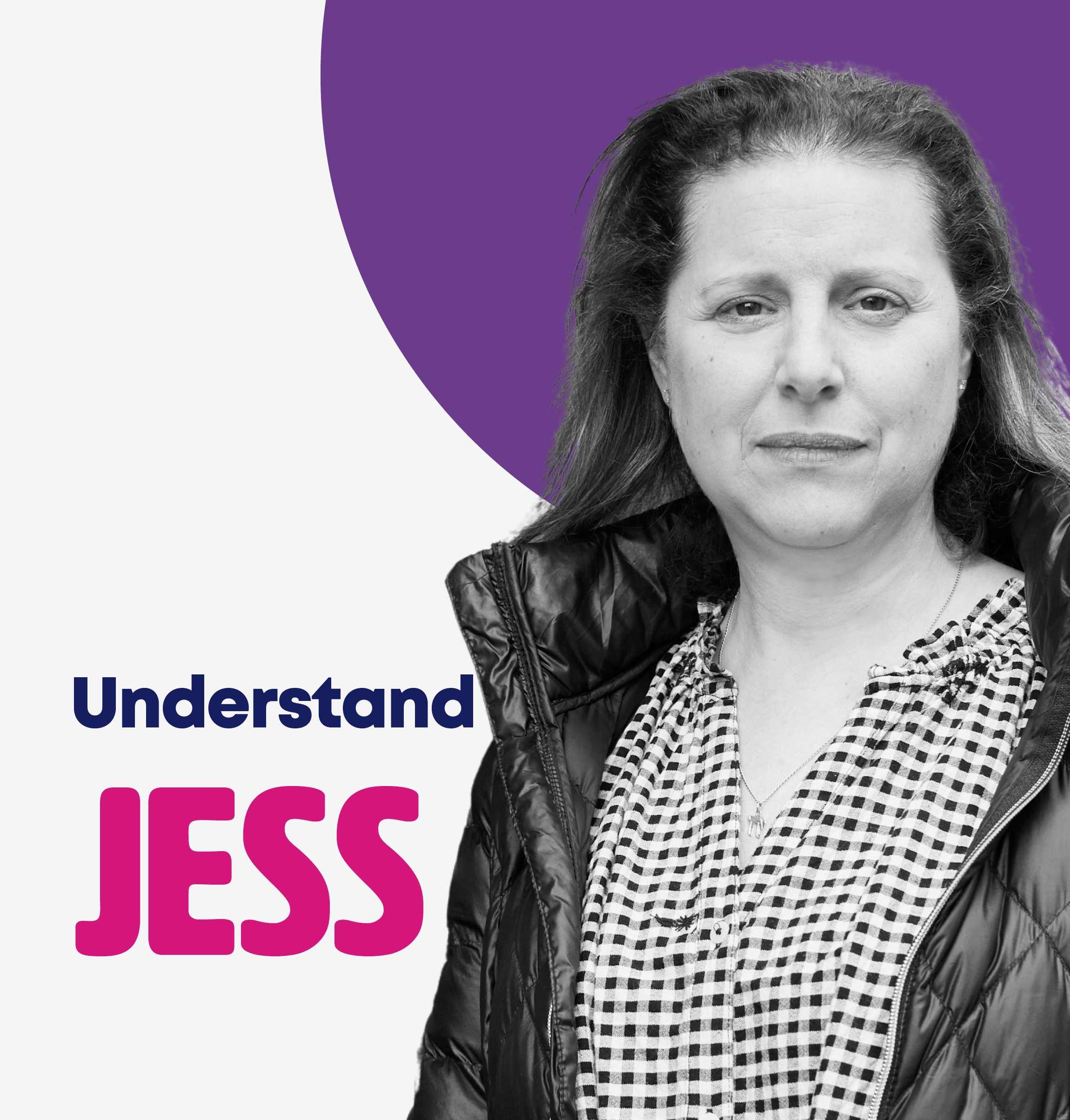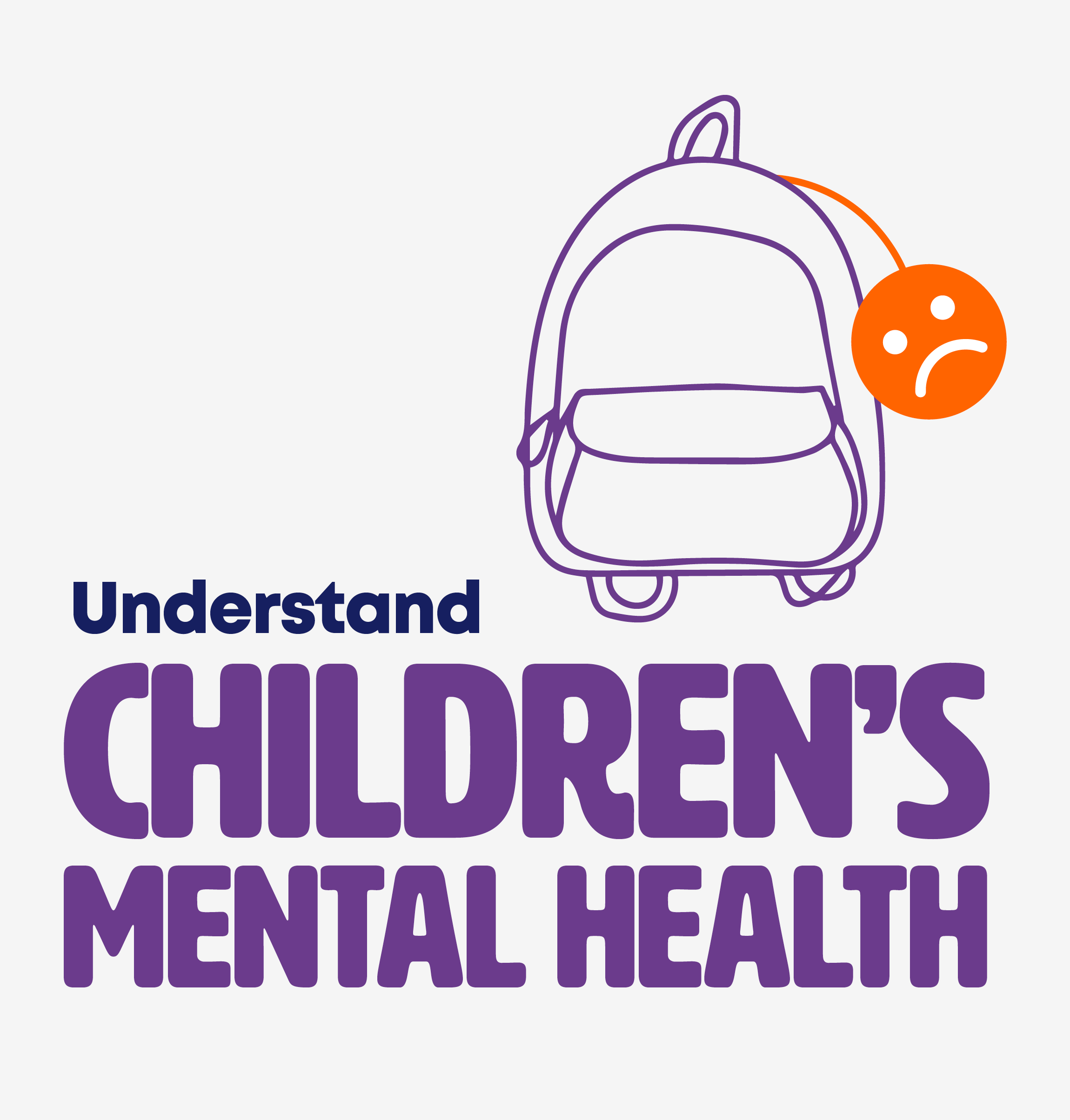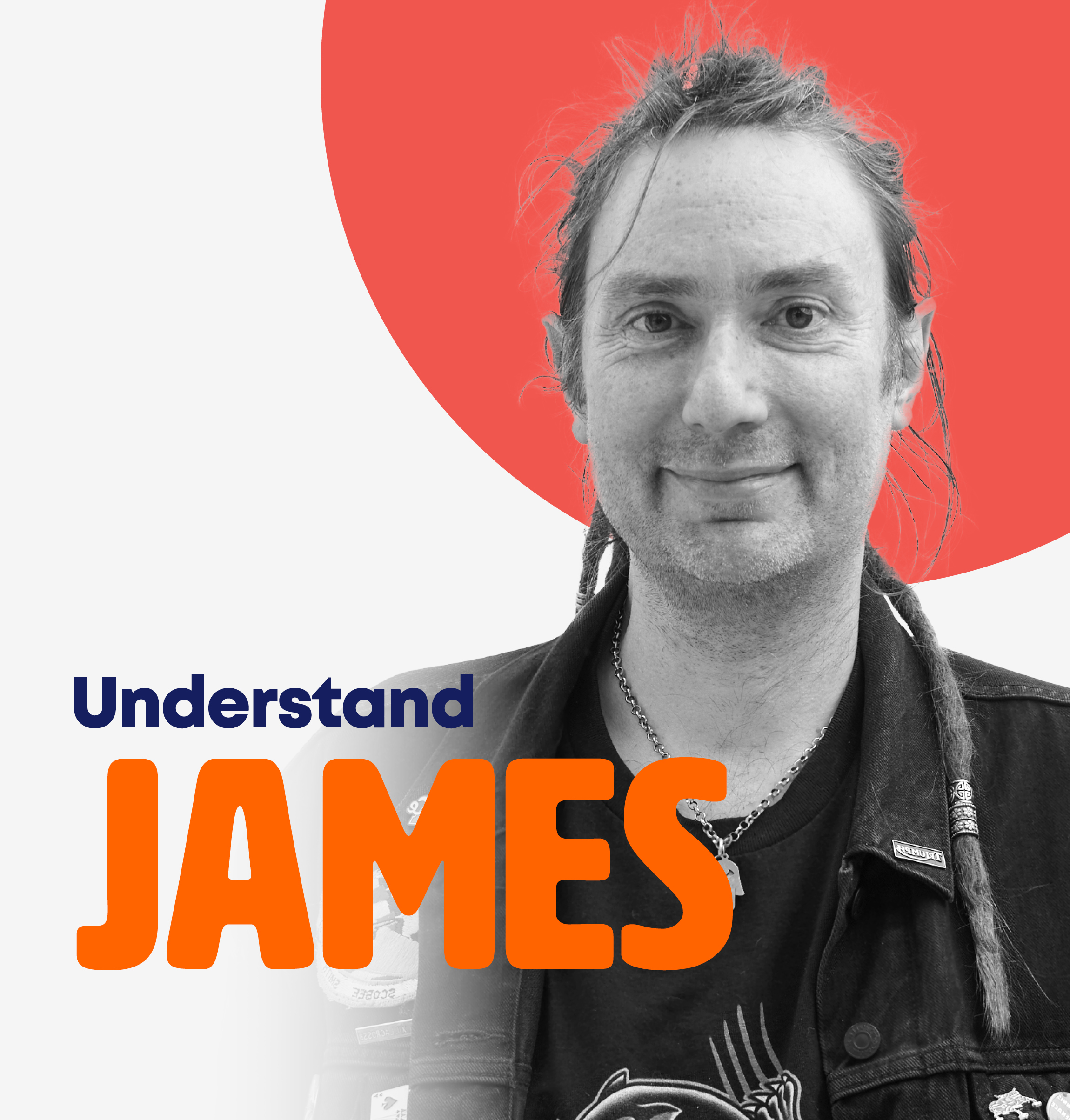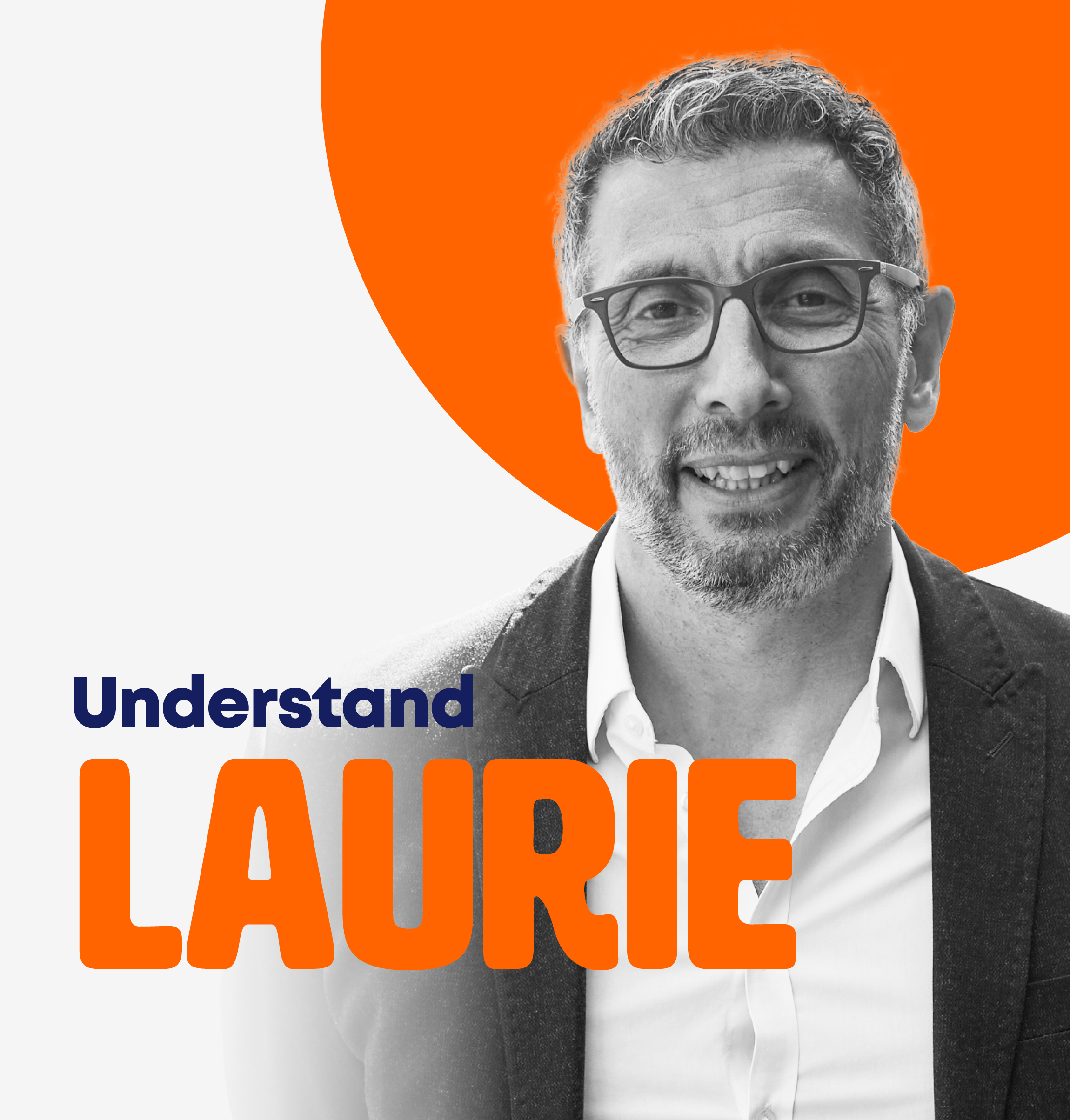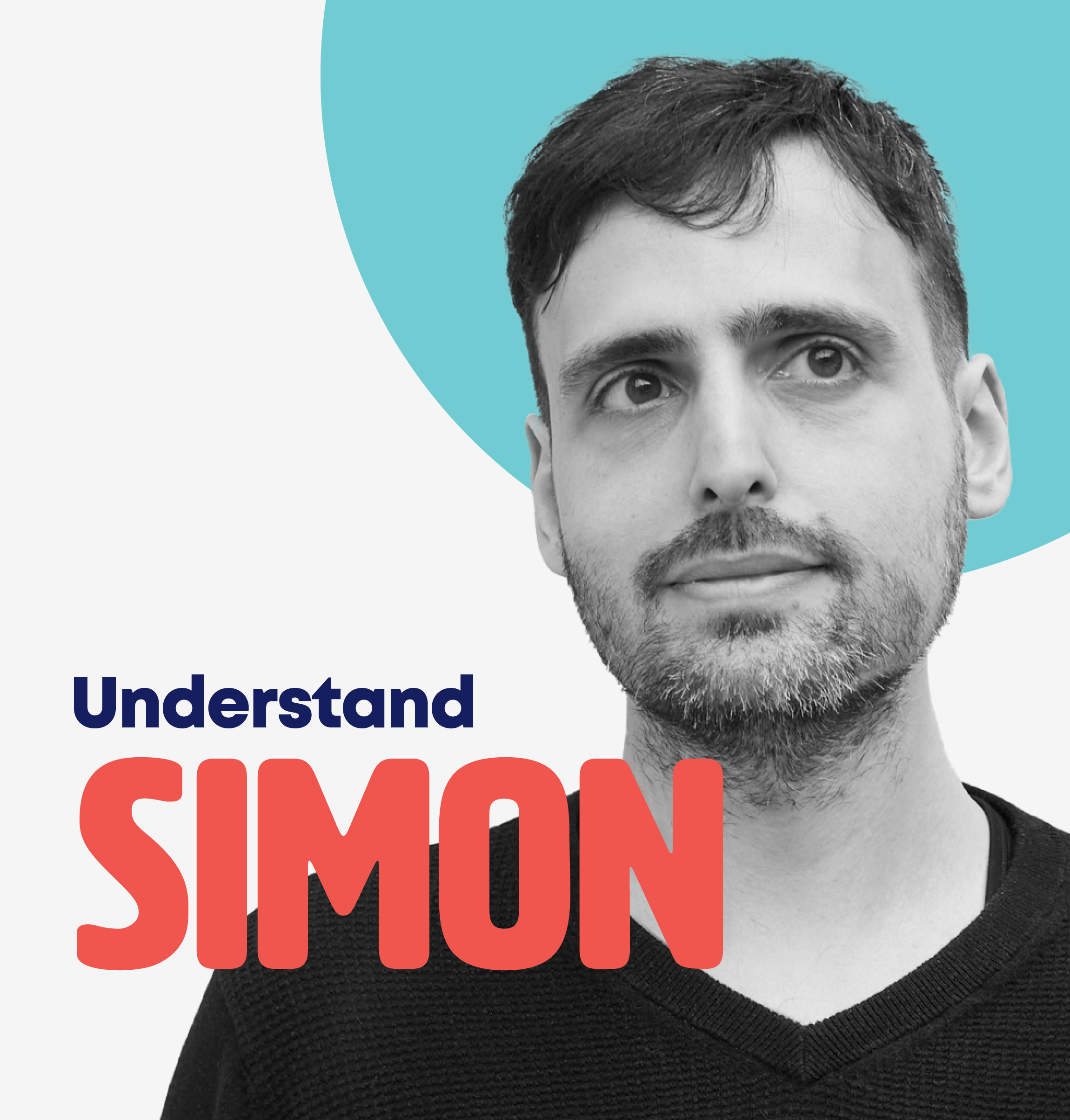How do you define anxiety?
We all experience anxiety from time to time. Causes may include sitting an exam, going to hospital or having to speak up in front of others. Indeed, we all have different triggers for anxiety. However, if our experience of anxiety is frequent, severe, long-lasting, and gets in the way of us living our daily lives, we may need help to manage it.
How does it manifest itself?
Anxiety affects the mind and body. Our symptoms can be physical as well as cognitive and emotional – relating to thoughts and feelings. Anxiety can impact our sleep, causing us to wake at night or have difficulty falling asleep. Our musculoskeletal system can shoulder the impact too, as highlighted in the familiar phrase, “What a pain in the neck!” Indeed, anxiety can trigger muscle spasm and intense pain.
Worry, fear, anger, frustration, sadness and negative thought patterns are often linked to low self-esteem, digestive distress or tension headaches. Sadly, anxiety has a habit of taking over our lives. Getting back on track to manage it, rather than it managing us, is a challenge that Jami can help with.
What conditions can cause the symptoms?
High levels of anxiety can be found across the spectrum of mental health issues, as well as being experienced as an illness in itself. We know support – particularly connectivity within a community – can make a big difference.
Why might someone be affected by anxiety?
Sometimes, exposure to stressful life events or even life transitions can set off a chain reaction that overstimulates our coping mechanisms and leaves us on “red alert”. Anxiety can morph into overwhelming levels, making us feel a sense of constant pressure or distress. When anxiety reaches this point, our everyday capacity to “switch it off” through self-care or talking to a friend may not be enough. We might benefit from professional support and, for some of us, medication to help us manage life again and turn down the volume on our anxiety. Some people also find mindfulness is an effective way to manage anxiety.
How might anxiety impact on someone’s life?
Mental distress caused by anxiety can have a debilitating impact on our lives. The physical and psychological experiences can be so powerful that our lives can become confined, and sometimes even controlled, by it. We may be so worried about having a panic attack that the fear stops us going out. Or an anxiety disorder can heighten everyday life so much that everything feels frightening and unmanageable. We may lose our motivation for doing what we enjoy and fall into a spiral of frustration, low mood and ultimately high levels of anxiety, which can lead to depression and further impair our quality of life.
Why is help important?
We can often take steps to help ourselves, alongside getting professional help to manage our experiences. Yoga, gardening, mindfulness and pets help many. Reviewing our current lifestyle so that we make more space for downtime and relaxation is also key.
One way we can easily help each other with anxiety is through connection. Being heard without judgement and with empathy can help relieve some of our worries or concerns. It is also a good starting point for getting further support if needed. This support may include working alongside a mental health professional and receiving therapeutic interventions or medication.
How to get help?
We can access support by reaching out to those around us in our support network. This may include people in our personal and professional lives. We may wish to include mental health professionals or other healthcare professionals in this network. Our GP can be a first port of call for accessing further support via the NHS.
Jami’s team can support someone with overwhelming anxiety to take small practical steps to slowly rebuild confidence and ultimately manage their anxiety.
Why talk about anxiety?
Talking about anxiety and anxiety disorders can be our first step towards seeking support. It can also help us cope with our experiences of anxiety better. It’s vital that we talk about anxiety to help normalise it and reduce the stigma around anxiety disorders. By talking, we also have an opportunity to educate each other about what anxiety is; highlight how many of us experience it; and, most importantly, find out how we can help ourselves and others, and learn where to turn for support.
Jami’s Education team is running Mental Health First Aid courses, which include practical information about how to support someone living with anxiety. Want to join our growing group of mental health champions across the community? Drop us a line and sign up to a course.
